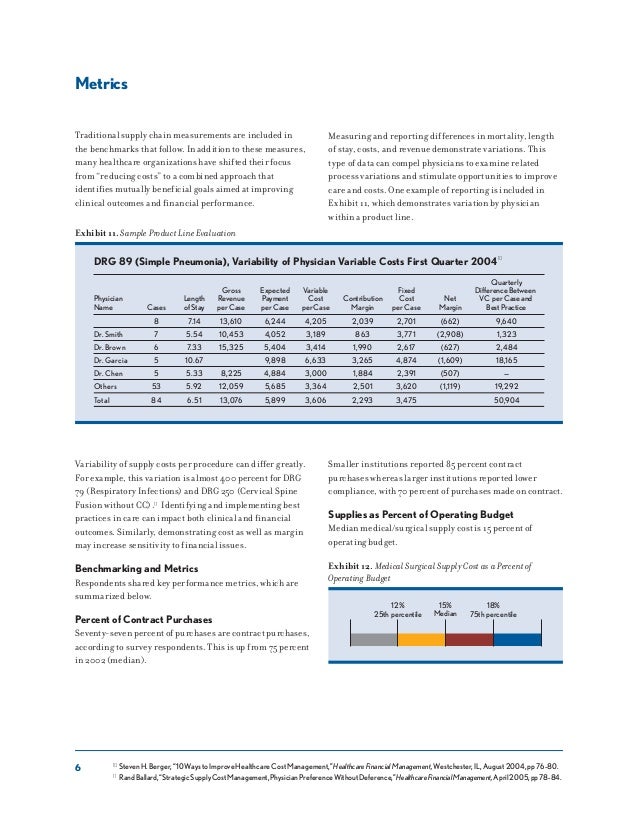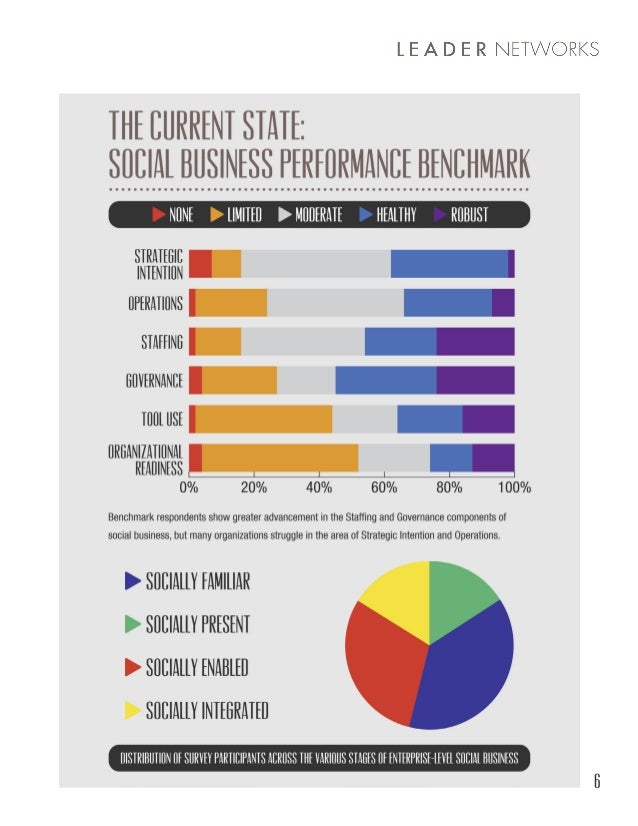

On the area of Education, Estonia, Ireland and Portugal lead the way with innovative best practices and impressive performance results. Reliability and feelings of political voice are significantly related to trust in national governments.

Benchmark research studies how to#
They shared their perspectives on the current state of public sector performance and provided valuable insights on how to improve it. The most recent advancements and performance analyses across the policy areas of Public Administration, Social Safety, Education and Housing were discussed by renowned experts from organisations such as the OECD, the European Research Centre for Anticorruption and State-Building (ERCAS), and various universities including TU Delft, Tilburg University, University of Lausanne and University College London. To trust a public institution, public sectors should have the competence to respond to and deliver citizens’ expectations. Marco Ongaro, Director-General at EIPA kicked off the online conference together with Frans Van Dongen, Programme Manager of Public Performance at the Ministry of the Interior and Kingdom Relations of the Netherlands and Iwona Karwot, project leader at EIPA. The conference aimed to benchmark the performance of public sector organisations from around the world and discussed the latest trends and best practices in enhancing the performance of public sector organisations. On 2 and 3 February EIPA hosted the Online Conference: International Benchmarking Study: Public Sector Performance 2022 Edition to celebrate the launch of the first part of the International Benchmarking Study in collaboration with the Ministry of Interior and Kingdom Relations of the Netherlands.

In conclusion, based on previous literature and on our illustrative example, we claim that the multiplicity of design and analysis options combined with questionable research practices lead to biased interpretations of benchmark results and to over-optimistic conclusions. We then demonstrate how the impact of each choice on the results can be assessed using multidimensional unfolding. To raise awareness for this issue, we use an example benchmark study to illustrate how variable benchmark results can be when all possible combinations of a range of design and analysis options are considered. the selective reporting of results or the post-hoc modification of design or analysis components) to fit their expectations or hopes.

As a consequence of this flexibility, researchers may be concerned about how their choices affect the results or, in the worst case, may be tempted to engage in questionable research practices (e.g. This includes the choice of data sets and performance measures, the handling of missing performance values and the way the performance values are aggregated over the data sets. While general advice on the design and analysis of neutral benchmark studies can be found in recent literature, certain amounts of flexibility always exist.
Benchmark research studies pdf#
Download a PDF of the paper titled Over-optimism in benchmark studies and the multiplicity of design and analysis options when interpreting their results, by Christina Niel (1) and 10 other authors Download PDF Abstract:In recent years, the need for neutral benchmark studies that focus on the comparison of methods from computational sciences has been increasingly recognised by the scientific community.


 0 kommentar(er)
0 kommentar(er)
